 On May 9, 2023, I had the privilege to interview my dear friend and colleague, Dennis Tran. I worked with Dennis on the Fox Family Foundation’s Inaugural Vision Fair in October 2022, and we were both Fellows in RespectAbility’s National Leadership Program.
On May 9, 2023, I had the privilege to interview my dear friend and colleague, Dennis Tran. I worked with Dennis on the Fox Family Foundation’s Inaugural Vision Fair in October 2022, and we were both Fellows in RespectAbility’s National Leadership Program.
As May is Asian American Native Hawaiian and Pacific Islander (AANHPI) Heritage Month, we are spotlighting our partners doing fantastic work in the intersection of the Asian American Pacific Islander (AAPI) and disability identities. As the Director of Partnerships at the Asian Americans with Disabilities Initiative (AADI), Dennis spoke with me about AADI’s critical work and how his lived experience as an Asian American with a disability creates space for others to share their story.
Learn more about AADI on their website.
Q: How has your AAPI heritage and disability identity influenced your career goals and aspirations?
A: My career goals were shaped by thinking about advocating for myself and the multiple communities I identify with. To bring forth the injustice in the world and tie in my neurodiversity to uplift others in the community to speak up and find their place in society. [continue reading…]


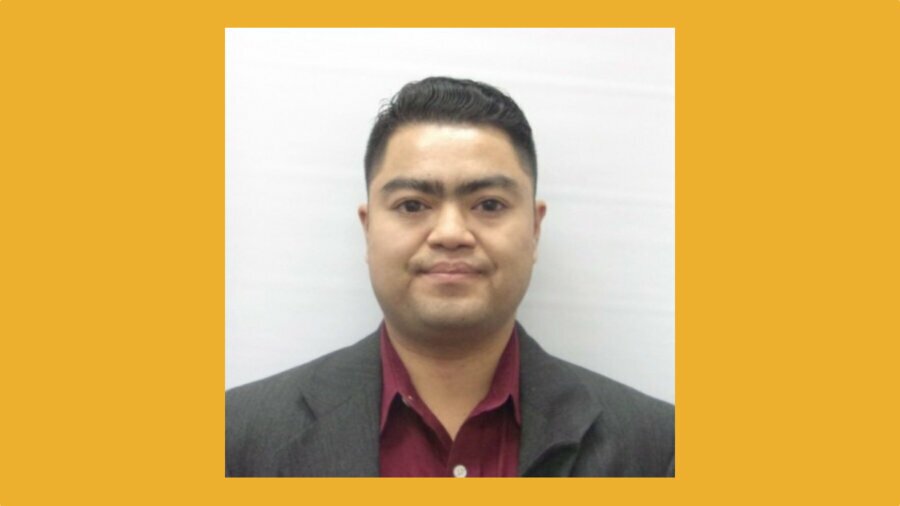
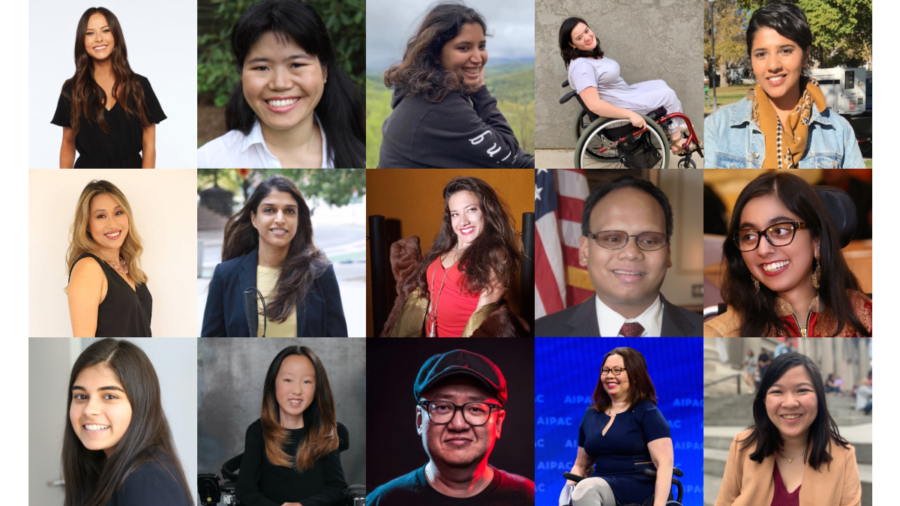
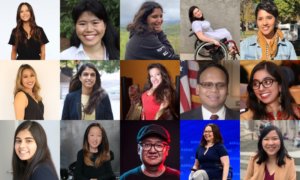 The intersection of identity with disability uniquely affects people of all races. For Asian-Americans and Pacific Islanders (AAPI) this is compounded by the fact that AAPIs are a wildly diverse ethnic group and have an equally diverse range of experiences. With a population expected to surpass 40 million by 2060, and 1.3 million disabled, it is important to understand the intersection between AAPI identity and the disability experience. There is no better time to address these issues than in May while we observe AAPI Heritage Month. Historically AAPIs, especially AAPIs with disabilities, have been underrepresented in disability studies. Surveys on disability often lump this diverse group together as “Asian,” which includes 20 distinct nationalities in the US Census. Despite the size and vibrancy of the AAPI population, the visibility of AAPIs with disabilities remains low. Disclosure of disability is essential for access to services, and yet disclosure among AAPIs is lower than in other ethnic groups.
The intersection of identity with disability uniquely affects people of all races. For Asian-Americans and Pacific Islanders (AAPI) this is compounded by the fact that AAPIs are a wildly diverse ethnic group and have an equally diverse range of experiences. With a population expected to surpass 40 million by 2060, and 1.3 million disabled, it is important to understand the intersection between AAPI identity and the disability experience. There is no better time to address these issues than in May while we observe AAPI Heritage Month. Historically AAPIs, especially AAPIs with disabilities, have been underrepresented in disability studies. Surveys on disability often lump this diverse group together as “Asian,” which includes 20 distinct nationalities in the US Census. Despite the size and vibrancy of the AAPI population, the visibility of AAPIs with disabilities remains low. Disclosure of disability is essential for access to services, and yet disclosure among AAPIs is lower than in other ethnic groups.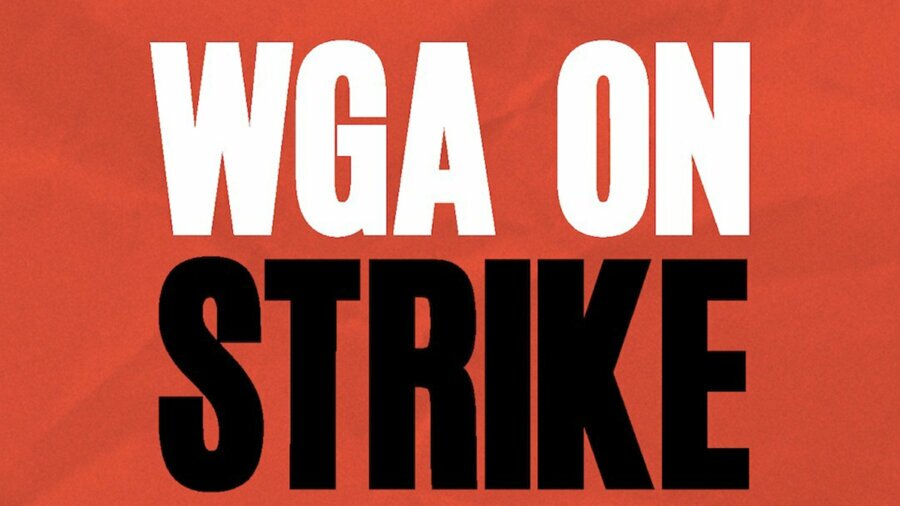

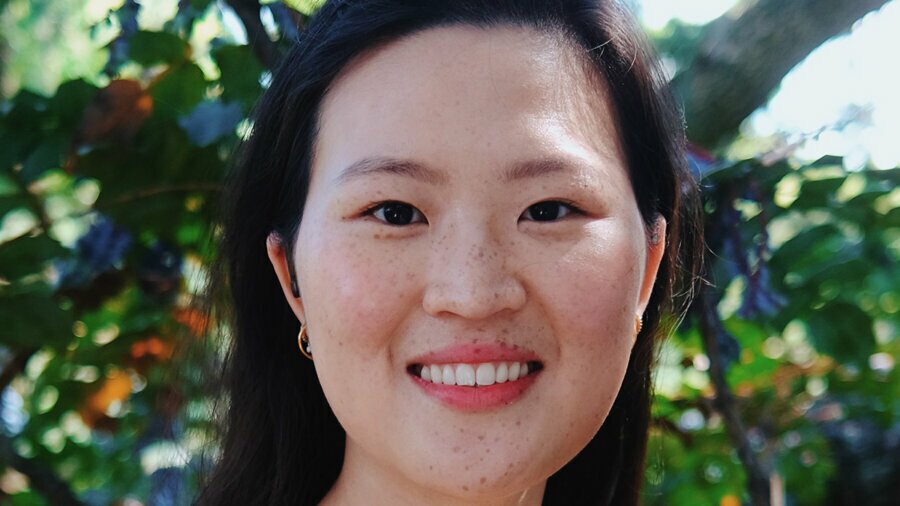

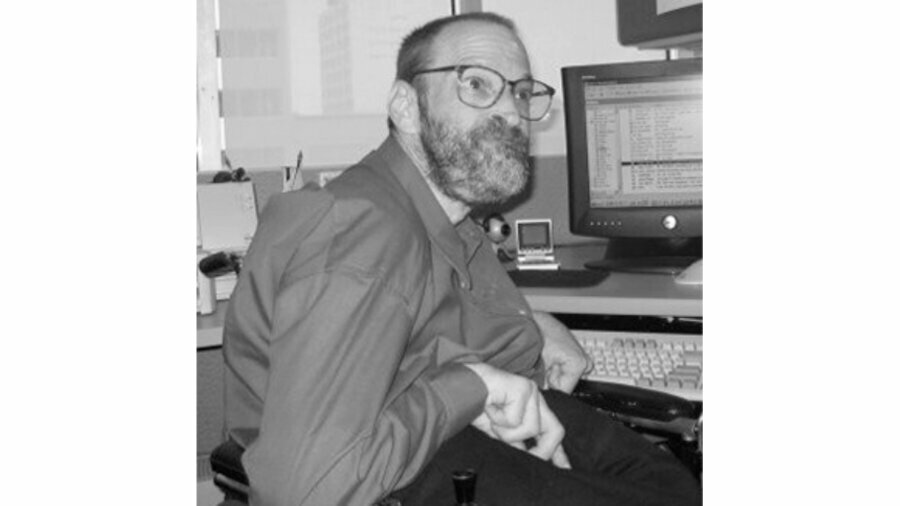
 I met Neil and Denise Jacobson 20 years ago when I was in law school. The reform movement of Judaism was gathering together a group of its leaders with disabilities. I was already pretty jazzed to be invited into such a crowd at the ripe age of 22, but I was blown away by this dynamic power couple. Neil was still in banking then, and it really meant something to me to see someone else with cerebral palsy with professional success.
I met Neil and Denise Jacobson 20 years ago when I was in law school. The reform movement of Judaism was gathering together a group of its leaders with disabilities. I was already pretty jazzed to be invited into such a crowd at the ripe age of 22, but I was blown away by this dynamic power couple. Neil was still in banking then, and it really meant something to me to see someone else with cerebral palsy with professional success.
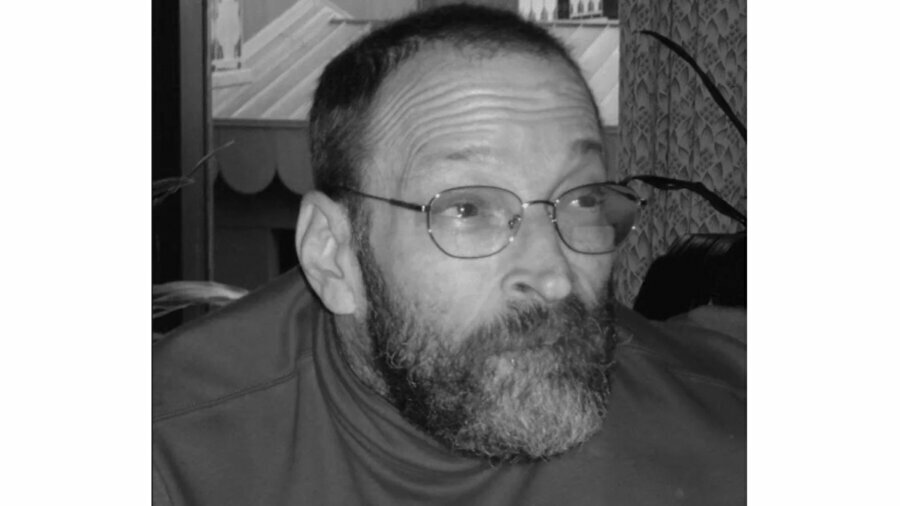
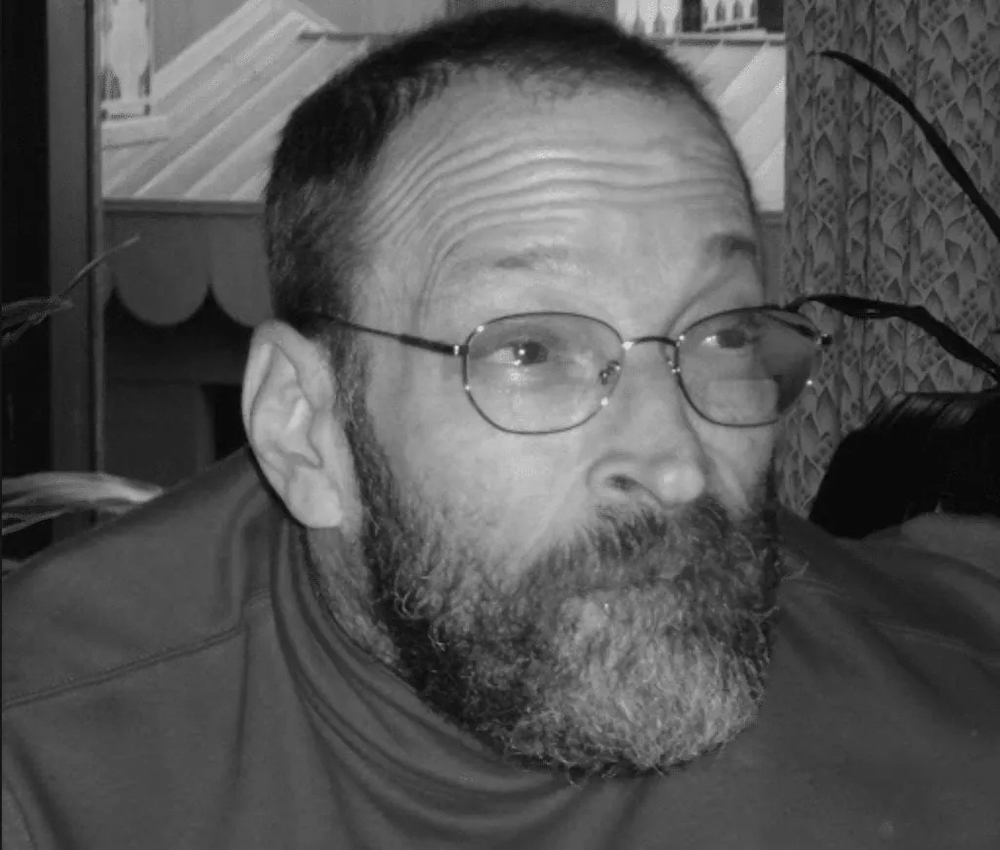 Neil Jacobson may not have known, but he was my teacher.
Neil Jacobson may not have known, but he was my teacher.
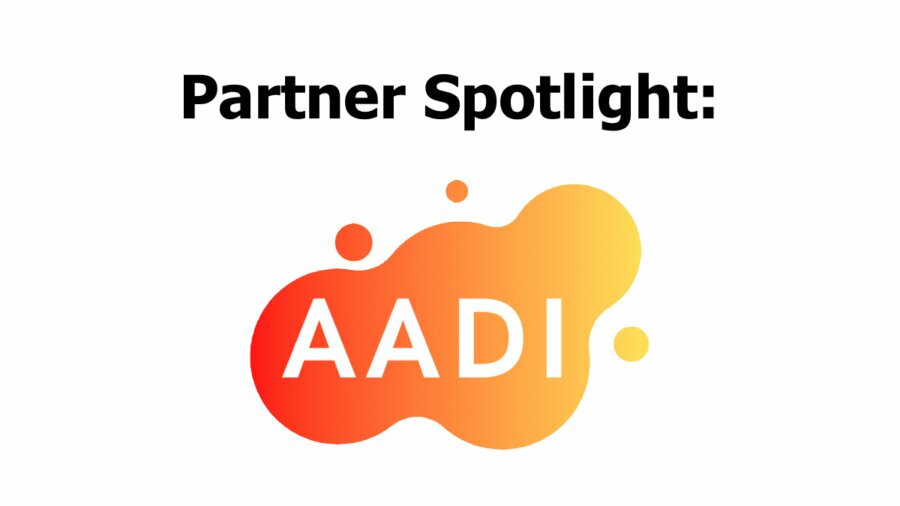
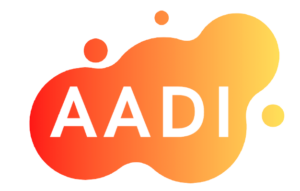 In this month’s partner spotlight, we look at the fantastic work the Asian Americans with Disabilities Initiative (AADI) is doing. AADI seeks to bring a haven for Asian Americans with disabilities online and in person.
In this month’s partner spotlight, we look at the fantastic work the Asian Americans with Disabilities Initiative (AADI) is doing. AADI seeks to bring a haven for Asian Americans with disabilities online and in person.

